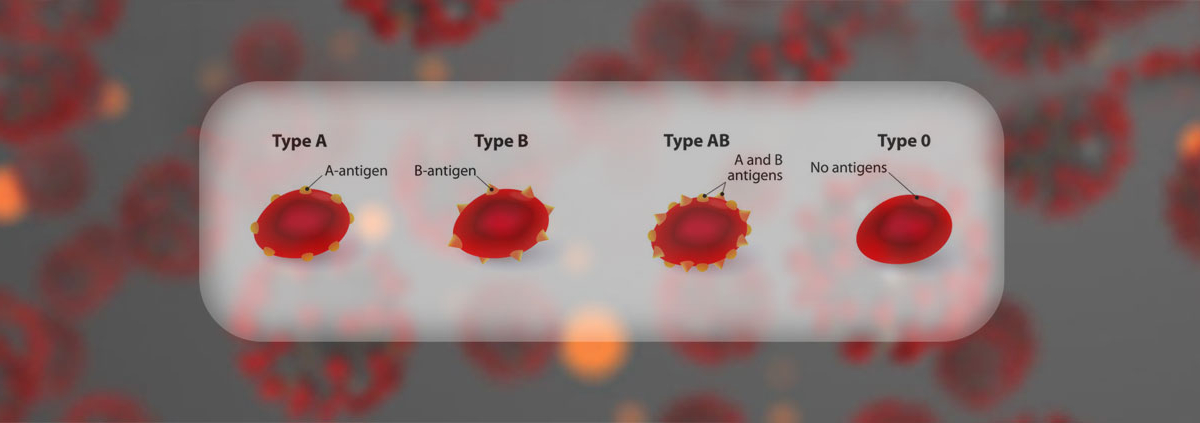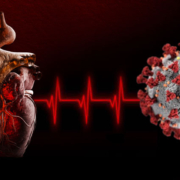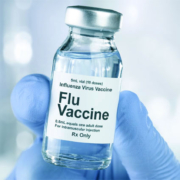COVID-19 and Blood Type
This week we’ll examine reports about comorbidities and other factors associated with the severity of the COVID-19 virus. We’ll begin with a question from a long-time reader and family member who shares DNA with Paula: her brother, Steve. Both have blood type A, which has been in the news as a factor in the severity of COVID-19.
The study that got the most attention was published in the New England Journal of Medicine. It was an observational study, which is important. They didn’t select a group of people with specific genetic mutations for the ACE2 gene and the ABO gene, which determines blood type, and then give them the virus; no ethics committee in the world would approve that study. Instead they collected patient data from the hardest-hit areas in Spain and Italy, including tissue or blood samples. They had limited historical data on the patients, especially known comorbidities such as heart disease, high blood pressure, and type 2 diabetes. They also knew the severity of the disease for each patient, including who was on oxygen and ventilators. It should be noted that about 80% of the most severe cases were people with comorbidities.
The researchers analyzed the entire genome of each patient and the control subjects, people from the same geographical area who didn’t get the virus. That worked out to 1,600 with the virus and 2,200 controls. To analyze every gene with potential mutations requires an average of 8.5 million combinations per person. They found two mutations or SNPs (single nucleotide polymorphisms) that seemed to increase the risk of a severe case of the virus: one area was responsible for blood-type proteins and the other for specific proteins use by the ACE2 receptor. They found that people with blood type A were 45% more likely to get a severe case of the virus requiring oxygen or a ventilator; people with type O blood had a 35% lower risk of the same response. They don’t know yet what the ACE2 protein area SNPs mean.
What does that mean in the real world? As this research continues, they may be able to determine a profile for a person most at risk so that they can get preventive treatment (if one is developed) and early treatment upon diagnosis. What I don’t think it means is that those with blood type A are at greater risk of catching the virus or type Os are at less risk of catching the virus, but I’d recommend that blood type A people should be even more diligent in reducing their exposure, and if they suspect they are infected, seek treatment earlier, rather than later.
Insider Conference Call
The Insider Conference Call is tomorrow night at 9 p.m. Eastern Time. Besides answering questions, I’ll report what I’ve learned about a Texas physician who claims to have found the “silver bullet” to cure COVID-19. You can become an Insider up through 8 p.m. and still participate live.
What are you prepared to do today?
Dr. Chet
References:
1. https://bit.ly/3gX1Bmh
2. NEJM. 2020. DOI: 10.1056/NEJMoa2020283.









